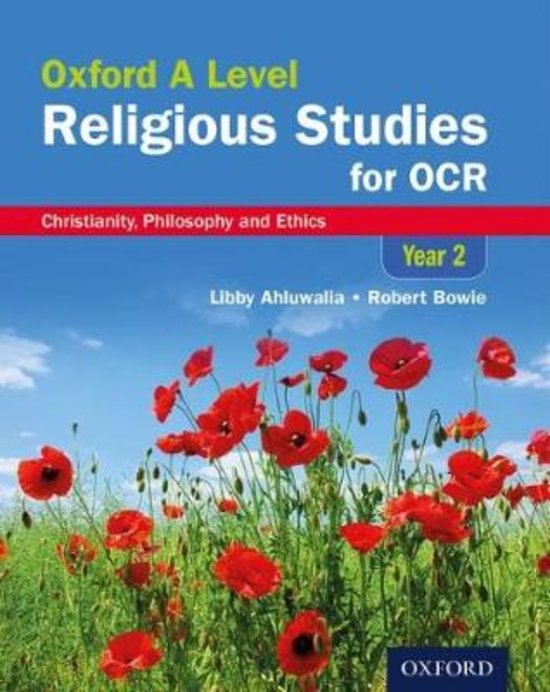This is really two points in one, which is very annoying from the exam board!
Whether or not it is possible to resolve the conflicts depends on what you focus on. All
the philosophers we have studied would argue that it IS possible in some way – but
Some might argue that we will never understand it. So the question really is: Have you
found any of the philosophers persuasive? In this case it might be best to focus on
whether or not you think Boethius, Anselm or Swinburne provided the best way of
resolving the conflicts between God’s omniscience (knows our future) and God’s
omnibenevolence (gives free will and judges fairly). Again – look at your essays/plans
and my feedback.
Whether or not it is possible to resolve the apparent conflicts between divine attributes is
basically the same as having any of the philosophers(boethius, anselm, swinburne, Decartes)
have any of them solved the problem.
The conflict between divine attributes such as omniscience and omnibenevolence and
human free will has been studied for centuries by philosophers such as Richard
Swinburne, Boethius and St Anselm with each of them coming to different conclusions
depending on how they define these divine attributes. Boethius as well as Anselm,
through understanding God’s eternal nature as being timeless rather than everlasting,
argued that the conflict between human free will and God’s omniscience had been
solved. On the other hand, Swinburne has argued that through understanding God as
everlasting we can resolve the conflict between God's attributes. Through critical
analysis, it will become clear that Swinburne has successfully resolved the divine
conflict between divine attributes but Anselm and Boethius have not. It is thus overall
possible to resolve the divine conflict but only by undertaking Swinburne's
understanding of time.
Boethius has failed to resolve the apparent conflict between divine attributes.
Boethius presents an incoherent idea by interpreting God's eternal nature as timeless.
Boethius argues that God does not see past, present and the future in temporal terms
as humans do but rather simultaneously ‘’as though from a lofty peak’’. The fact that
God can see us making those choices, and knows what our future choices and their
consequences will be, does not restrict our freedom to act freely. Ideas of past, present
and future work differently for God. We can still be praised or blamed for the moral
choices that we make in time because God’s knowledge of our choices is not
foreknowledge (knowledge in advance) as there is no ‘in advance’ for God. Thus God
cannot be accused of a lack of wisdom for not realizing Adam and Eve would betray him
nor for a lack of morality for allowing evil dictators to be born. As time occurs
simultaneously for God, Boethius claimed that we, therefore, have genuine free choice


